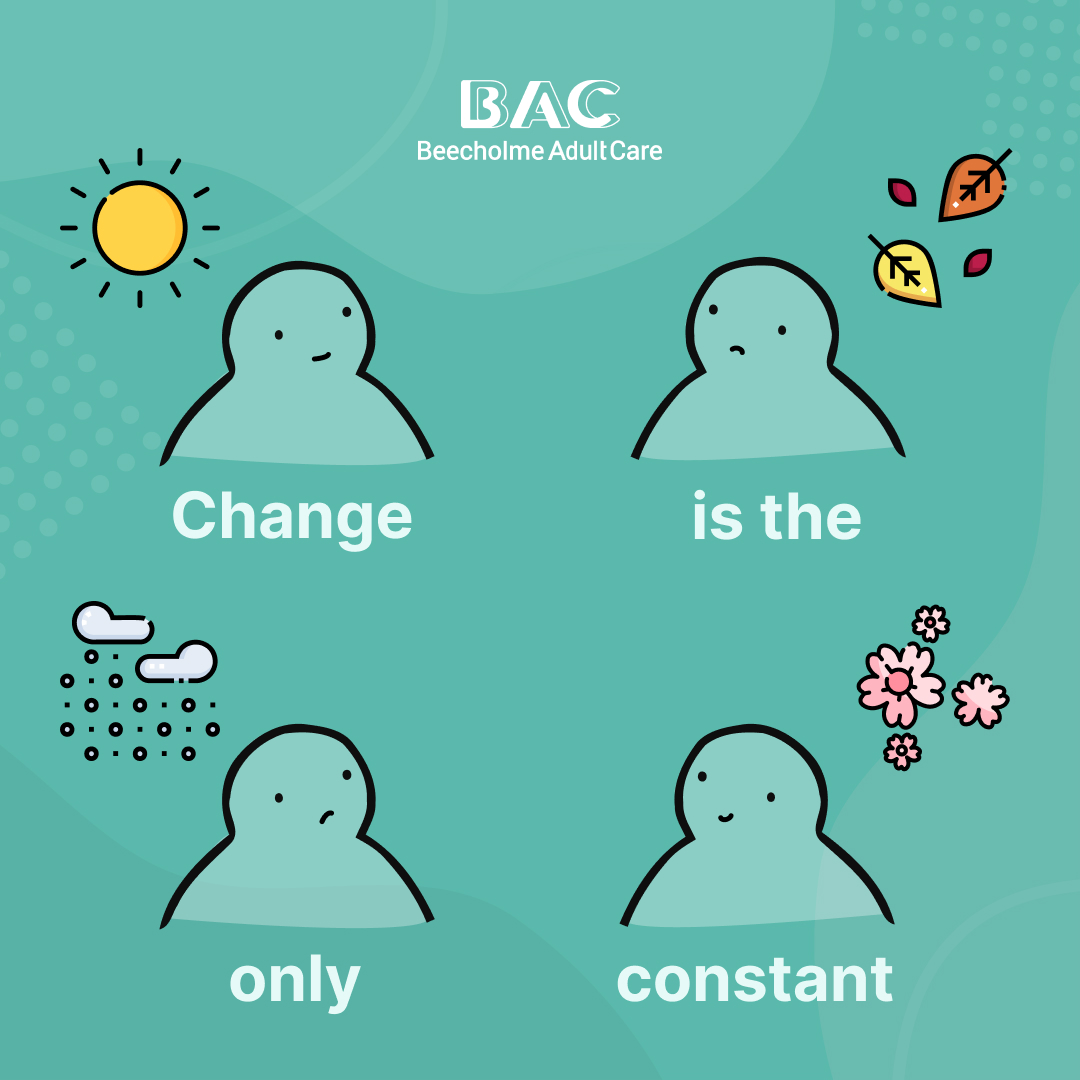What is Mental Resilience?
According to American Psychologic Association, resilience “is the process of adapting well in the face of adversity, trauma, tragedy, threats, or significant sources of stress—such as family and relationship problems, serious health problems, or workplace and financial stressors. As much as resilience involves “bouncing back” from these difficult experiences, it can also involve profound personal growth”.
Our resilience is regularly tested when our life changes unexpectedly and for the worse. These events can be the death of a loved one, the loss of a job, or the end of a relationship. These changes can be the opportunity to rise above and come back even stronger than you were before. So, how can you build your mental resilience?
Invest in quality relationships
Good relationships will help you when you are most in need. Welcome people in your life who value what you have to give. Avoid being around negative and toxic people.
Avoid seeing crises as insurmountable problems
You can’t change the fact that highly stressful events happen, but you can change how you interpret and respond to these events. Try looking beyond the present to how future circumstances may be a little better. Note any subtle ways in which you might already feel somewhat better as you deal with difficult situations.
Exercise
You might be asking yourself: “How resilience is connected with exercise?” There is increasing evidence that exercise improves our mental health. Our body and mind are connected and they work much better when we take care of both. Keep regular physical activity or exercise!
Accept that change is part of living
In our last article, we have mentioned the importance of accepting change in life. Acceptance is the best tool you can use to move on and focus on the future. We grow, our priorities change and we cannot be prisoners of our past.
Work on your self-esteem
This might be one of the best tips to improve your resilience! Accept yourself and love yourself. Focus on the good you have done, how far you want to go. People often learn something about themselves and may find that they have grown in some respect as a result of their struggle with loss.
Find your happy place
We all need that special place to feel complete, no matter if it’s our family, our group of friends, or particular locations such as where we have our hobbies, beliefs, sports, etc. Being where you feel happy can help you with your mental resilience.
Find your favorite way to take a mental break
Spend time outside, read a book, hang out with your friends, watch movies, turn off the news alerts on your phone. There’s a lot in the world right now that feels overwhelming. Resilient [people] fight back where they can, but they also learn to take a mental break. Take time to do something that calms you down.
Sleep
Stress can cause insomnia and we usually forget our much important it is to have a good night of sleep. When our sleep is poor, that affects our physical and mental health and our resilience. Take a look at your sleep patterns to see if they can be improved.
Deal with your history
We all carry a history of emotional injuries and traumas which tend to build up to unhealthy levels when we do not work through their impact on us. The impact of these historic events can increase when we are overwhelmed by new events, or just by daily pressures and stresses. It’s important to note that you can usually only process trauma effectively in consultation with a professional.
Ask for help
Asking for help is a sign of strength. If you find yourself with overwhelming feelings or believe you would benefit from professional assistance, there are many resources out there for you. At BAC we have the best counselors and life coaches to help you! Book a session today. Your mental health is on our mind.

